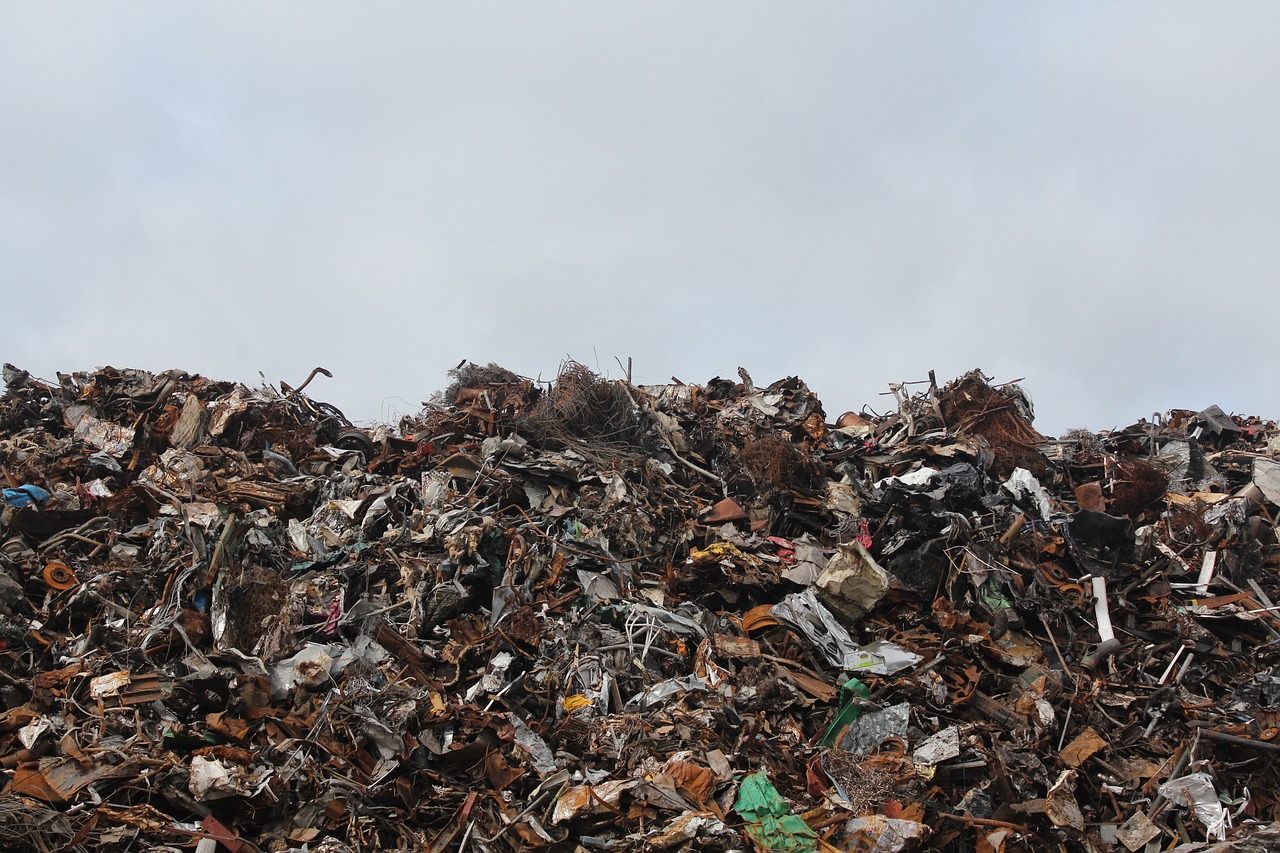How can real estate developers integrate smart waste management systems in new projects?

As we find ourselves in the midst of an era dominated by smart technologies and IoT (Internet of Things), it’s no surprise that these advancements are seeping into every facet of our lives. One crucial area where this integration is increasingly essential is waste management. Today, we’re focusing on how real estate developers can leverage these technologies to pioneer smart waste management systems in their new projects.
The Significance of Smart Waste Management Systems
Before we delve into the practicalities of integrating smart waste systems, it’s crucial to understand their significance in our contemporary society. They are far more than just a technologically advanced method of dealing with trash.
Dans le meme genre : What are the key factors for success in waterfront real estate development projects?
A smart waste management system is essentially a solution that utilizes IoT technology to manage waste collection and recycling processes effectively. On a broader scale, this system is an integral component of what we refer to as a “smart city”. A smart city is a framework, predominantly made up of Information and Communication Technologies (ICT), to develop, deploy and promote sustainable development practices to address growing urbanization challenges.
By leveraging data, these systems improve the efficiency of waste collection, allocation of resources, and overall waste management processes. Furthermore, they can provide insights for future waste reduction and recycling strategies.
A lire également : How to leverage proptech innovations for enhancing commercial real estate value?
The Role of Software Development in Smart Waste Management
Software development is the backbone of smart waste management systems. Without the right software, the hardware components of these systems are just empty vessels. This is where real estate developers need to focus their vision and resources.
To integrate a smart waste management system in a new project, developers must either develop bespoke software or harness existing systems. This software will collect and analyze data from a variety of IoT-enabled devices throughout the property. These devices could include smart bins equipped with sensors to monitor waste levels, energy usage, and other relevant metrics.
Real estate developers need to work closely with software developers to ensure that the system meets the specific needs of the property. This could include factors such as the size of the property, the projected number of occupants, and the types of waste generated.
The Value of Data in Smart Waste Management
In the world of smart waste management, data is king. The real value of these systems lies in the data they gather and the insights that can be gleaned from this information.
Data collection is an ongoing process, with information constantly being gathered from IoT devices throughout the property. This data is then analyzed, typically with the help of AI technologies, to identify trends and patterns. These insights can be used to improve waste management practices in real-time and guide future strategies.
For real estate developers, integrating data collection and analysis into their smart waste management systems is not just a luxury—it’s a necessity. The data provides valuable insights into the efficiency of waste collection processes, the effectiveness of recycling efforts, and the overall environmental impact of the property.
Building Integration: Making Smart Waste Management Part of the Infrastructure
Integrating smart waste management systems is not just about installing a few high-tech bins around the property. It’s about building these systems into the very fabric of the property.
For new real estate projects, the integration of these systems should be considered right from the design stage. This involves building infrastructure such as waste collection points, IoT-enabled devices, and data centers into the property itself.
When these systems are integrated into the building’s infrastructure, waste management becomes part of the daily life of the occupants. This not only improves waste management practices but also promotes a culture of sustainability and responsibility among the property’s occupants.
The Future of Smart Waste Management in Real Estate Development
As we look to the future, it’s clear that smart waste management systems will play an increasingly significant role in real estate development. As the demand for sustainable and efficient properties grows, so too will the integration of these systems.
For developers, this means staying ahead of the curve. It means investing in software development, harnessing the power of data, and making smart waste management an integral part of the infrastructure.
As we move forward in this exciting era of smart technology and IoT, the possibilities for smart waste management in real estate development are limitless. Now is the time for developers to embrace these technologies and lead the way in creating sustainable, efficient, and smart properties.
Implementing Smart Waste Management: The Steps to Success
For real estate developers, the path to integrating smart waste management systems is not without its challenges. However, there are several key steps that can guide the journey, making it smoother and more efficient.
Firstly, developers need to establish a robust understanding of waste management concepts and the role of technology in enhancing these processes. Resources such as Google Scholar and Crossref can provide valuable insights into the latest research and developments in the field.
The next step is to identify the specific needs and constraints of the project. This involves understanding factors like the demographic profile of the occupants, the nature of the waste likely to be produced, and the local waste management regulations.
Once the project’s requirements are clear, developers can move onto the phase of conceptualizing and designing the smart waste management system. This is where technologies such as IoT-enabled devices, data analytics, and management software come into play.
The design process must take into account the need for real-time data collection and analysis. IoT devices such as smart bins and sensors should be strategically placed around the property to monitor waste levels and patterns.
Finally, the system should be seamlessly integrated into the building’s infrastructure. This means ensuring the smart waste management system is not an afterthought, but a core part of the building design from the onset.
The Intersection of Smart Waste Management and Circular Economy
One of the most powerful aspects of smart waste management systems is their potential to contribute to a circular economy. A circular economy is an economic model that aims to eliminate waste and the continual use of resources. It is based on three principles: redesign out waste and pollution, keep products and materials in use, and regenerate natural systems.
In the context of real estate development, smart waste management can play a key role in promoting circular economy principles. By monitoring waste in real-time and optimizing waste collection processes, smart waste management can minimize waste generation and maximize recycling and reuse.
Moreover, the data collected by these systems can help in understanding waste patterns and identifying opportunities for waste reduction and recycling. For instance, data might reveal that a particular type of waste is consistently being produced in large quantities. This knowledge can then be used to explore ways of reducing this waste or finding new uses for it, thereby keeping materials in use and reducing the demand for new resources.
Conclusion: Pioneering a Sustainable Future with Smart Waste Management
The integration of smart waste management systems in real estate development is not just a trend, but a necessity in today’s world. As we grapple with the challenges of rapid urbanization and environmental sustainability, these systems offer hope for a more efficient and sustainable future.
For real estate developers, the task is clear: to embrace these technologies and make them an integral part of their projects. This involves a commitment to software development, data analytics, and a thorough understanding of waste management principles.
As we move forward, the vision of smart cities, characterized by smart buildings with integrated smart waste management systems, is not far off. It’s a world where waste is not just efficiently managed, but intelligently managed – and real estate developers have a pivotal role to play in making it a reality.
